
Last spring (northern hemisphere spring) when I was reading descriptions of
Uganda, I decided to visit
Lake Bunyonyi if I had a chance. So here I am in the far southwest corner of
Uganda, staying in a cabin that overlooks a sparkling mountain lake and faces terraced hills that rise steeply from the banks of other islands. It’s just as Lonely Planet and my Bradt guide describe, even more interesting because in a strange way it reminds me of
Alaska – the coolness, the rain, the luxuriant moss that hugs the brick sidewalk leading to the shower.
I’m staying on Itambira Island at a backpacker’s paradise called Byoona Amagara (which means “whole life” in the local Rukiga language). A boatman named Gad paddled me here in his dugout canoe made from a eucalyptus trunk. When I asked if he had a paddle for me, he swung us around in his low-tech, perfectly designed boat and went promptly back to the dock where another guy tossed us a second paddle. I hadn’t paddled in such glorious waters since kayaking with Marybeth in Prince William Sound last May. Little warmer here, though.
Kodiak Island is an hour’s flight from the Alaska mainland (or ten or more hours by ferry) so it feels kind of natural to be an hour’s paddle away from the mainland here. This island is tiny compared to Kodiak; you can walk all around Itambira and criss-cross it a time or two in a couple of leisurely hours. There are paths everywhere (after all, this is rural Africa where feet are the major form of transportation). So everyday I walk and find new paths. But best of all is being on the water and learning to guide one of these canoes – which feels like a kayak to me – in a steady line. I watch the local boatmen using a paddle on just one side of their boat and moving straight through the water. How much easier it would be for me if the paddle were double-ended! “There’s no secret to it,” Gad said. Then he told me he’s been paddling one of these boats since he was five or six years old. The other day I paddled the perimeter of Itambira by myself. The wind helped a lot by giving occasional resistance. But it’s a lot easier with two people.
I love water and boating like my sweetheart loves snow and skiing. He gets a huge rush of aliveness by skiing down a steep slope; I get a deep sense of peace paddling or swimming in an ocean or lake. Though people here say the water is cold, I find that Lake Bunyonyi is a perfect temperature for swimming, which is safe thanks to the absence of hippos and crocodiles and bilharzias. Cynthia, a French-Canadian girl who was here when I first arrived, was delighted to learn that I too am an avid swimmer. She immediately led me through a short stretch of jungly trail to a dock where we lowered ourselves from a ladder and dove in. Just us and some curious river otters in a deep, dark lake.
Ted emailed from Kampala to warn me of the steep escarpments and cold nights, and he’s quite right about both. The mornings and nights are mountain-air cool and the slopes are shrouded in fog every dawn (think Gorillas in the Mist). Then by mid-morning it is hot. Clouds build quickly and bring thunder and rain, and then just as instantly the sun pops out again. You know the saying claimed by everyone from Kansas to Ketchikan, that “if you don’t like the weather, just wait five minutes”? Well, here it’s the literal truth. I put on my warm Capetown sweater then strip down to a tank top. Back and forth, all day long.
Byoona Amagara has a canteen where people gather and eat meals, and I’ve met several Europeans and North Americans on short holiday who are volunteering elsewhere in Uganda. The most popular accommodations here are dorm-style beds, a camping area, and two geodomes, but I’m in a spacious, one-room cabin that sits a ways back from everything else. It’s called Amaizi (water) and the strange thing is that it’s made of logs (most homes around here are made of mud or bricks). Amaizi has a big deck, an outhouse in the back, and a shower in the side yard. It’s a thatched log cabin (how’s that for an architectural oxymoron) and not a drop of rain gets through the roof. As far as hybrid Alaskan-African cabins go, the thatch roof is more efficient than the log walls, which have crevices that let in the daylight and lizards. The luxuries of not needing insulation!
The quietness here is profound. As a seeker of silence, I find myself in a place where I fall asleep to the sound of crickets and wake up to birdsong. That’s about it. Oh, and the soft lapping of water as people paddle by the island. After four days here I was startled by something anomalous but kind of familiar then realized I was hearing a motorboat. If you’re in a hurry, that’s an option. But the dugout canoes far outnumber the boats with motors. And no generator noise around here! Byoona does use solar power, but the stars and moon provide most of the light after dusk (which I supplement with the little headlamp I bought in Johannesburg).
Most days the rains are gentle and brief but one storm this week rivaled Kodiak’s weather. The big windows on the windward side of my cabin have no panes, just canvas covers which I usually keep rolled up for maximum light and air. When this storm arose, I rolled down the canvas sheets and fastened them but the wind billowed them out like sails, and the sideways rain came in and pooled on the wood plank flooring.
So it goes during the wet season. It rains, it shines, it blows, then it’s utterly still and peaceful. I sleep like a baby during the dark hours then get up with the birds just before dawn.
It’s strange to come around to the other side of the world and find myself in a place that reminds me of home. Here’s something even stranger: I am in a beautiful, pure setting with time on my hands to rejuvenate, and what have I been experiencing? Loneliness, and restlessness. Afflictions that may be predictable for travelers but for a self-sustainer like me come as a surprise. For five months I’ve been so occupied and fused with purpose, especially in the midst of the Rakai and Manor House work, that loneliness hit me only on sudden, rare moments. In South Africa I had Carla’s constant companionship. The moment I got to this sweet cabin, I thought Oh, this is meant to be shared. I miss Don, I miss Carla, I miss my daughters. How wonderful it would be if just one friend dropped in.
But in fact I am not alone. Cynthia from Canada was great company for those days that our time here overlapped. Now she’s back in Kampala teaching French and English and writing to primary kids. It was nice to meet the teacher from Brooklyn who’s volunteering in Jinja, and Jen who is doing a one-month rotation in Bujagali before going back to P.A. school in Denver. The people who run this place – African, American, Czech – are fun to get to know and so welcoming to all of us who show up here. And I’m surrounded by birds of all kinds – from the little yellow weavers that flutter around my cabin to the pair of three-foot-tall crested cranes that grace the meadow every dawn. People, birds, otters, the whole spiritual nourishment of this corner of Uganda, and I’m feeling alone and antsy. Go figure!
So if anyone has an urge to write me, please do! And if you’ve emailed my GCI address and not gotten a response, try the same name at gmail.com because GCI won’t open up much of the time in this part of the world. I finally signed up with Google’s gmail so I don’t drop totally out of contact. The travails of travel…
 p.s. three days later... I've had this post sitting in a Word file waiting patiently for an internet connection. Today's the day - hooray! (Or maybe it's crazy how much i enjoy getting online when I'm on a remote, solar- and starlight-powered island.) I have some photos to plop in but that's probably really pushing my luck. I feel settled here now...in time to savor another day or two, and address some of the questions on my mind (returning, "what's next" kinds of questions). I would still love to hear from any of you!
p.s. three days later... I've had this post sitting in a Word file waiting patiently for an internet connection. Today's the day - hooray! (Or maybe it's crazy how much i enjoy getting online when I'm on a remote, solar- and starlight-powered island.) I have some photos to plop in but that's probably really pushing my luck. I feel settled here now...in time to savor another day or two, and address some of the questions on my mind (returning, "what's next" kinds of questions). I would still love to hear from any of you!  Last spring (northern hemisphere spring) when I was reading descriptions of
Last spring (northern hemisphere spring) when I was reading descriptions of 

.jpg)






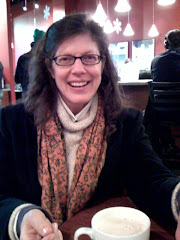





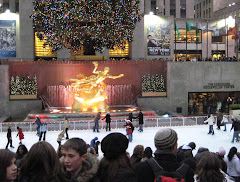.jpg)

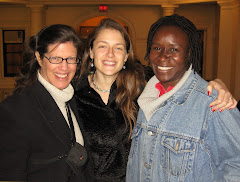.jpg)


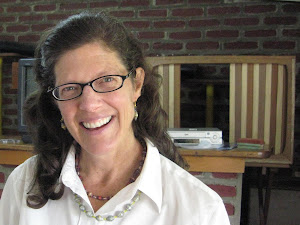.jpg)

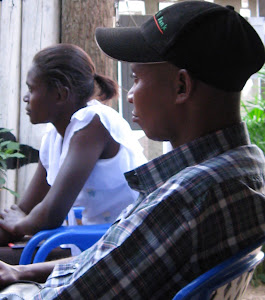.jpg)
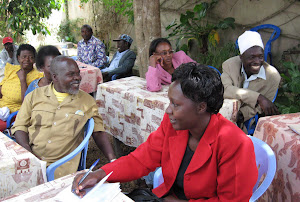.jpg)
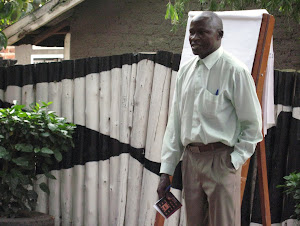.jpg)















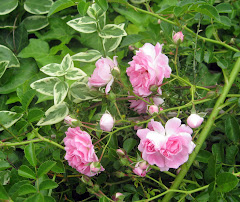












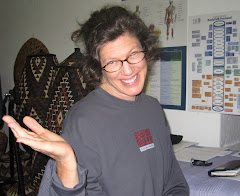



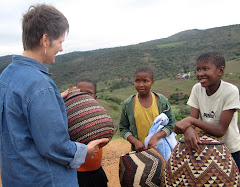.jpg)




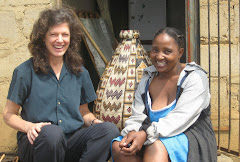










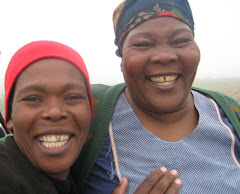.jpg)

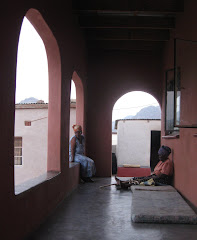.jpg)

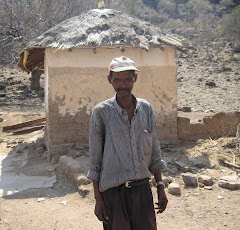.jpg)
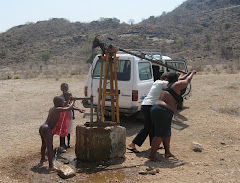.jpg)
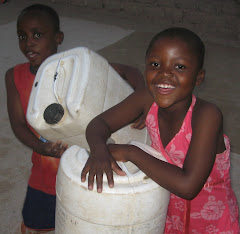.jpg)
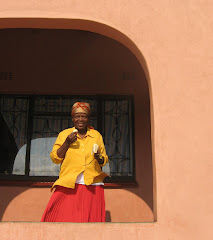.jpg)

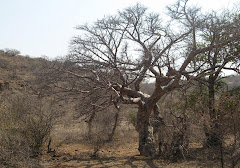.jpg)



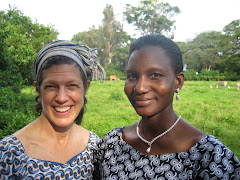



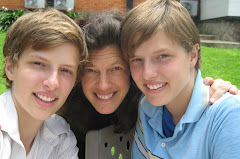.jpg)
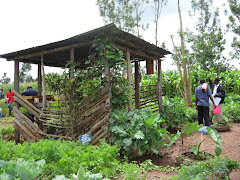
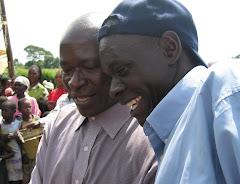.jpg)

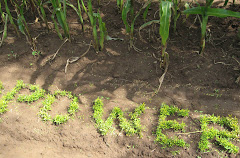.jpg)
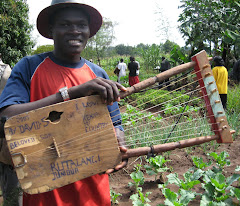.jpg)





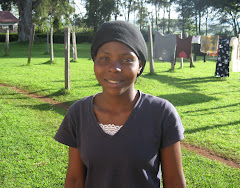.jpg)



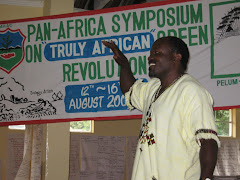

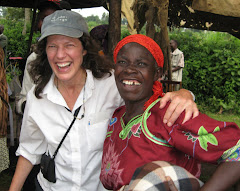.jpg)
















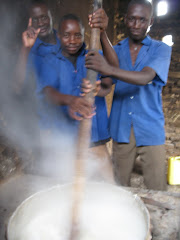.jpg)










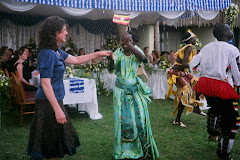.jpg)
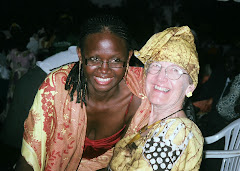.jpg)




1 comment:
Carol:
I know that experience of feeling lonely - I've felt that too - in one of the most populated areas of India! Lonely for the familiar, lonely for being with someone that really knows you. How fortunate you are to have that feeling as it means that you are loved and known - you have relationships that matter. That is a gift.
Love,
Lisa
Post a Comment